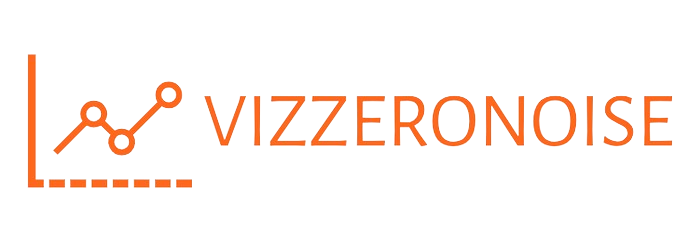
The Intersection of Invention and Entrepreneurship
Invention and entrepreneurship are two closely intertwined concepts that drive innovation and economic growth. Invention refers to the creation of something new or improved, while entrepreneurship involves the pursuit of business opportunities and the creation of value.
The Role of Invention in Entrepreneurship
- Product Differentiation: Inventions can provide a competitive advantage by offering unique and innovative products or services.
- Market Creation: Inventions can create new markets and industries, leading to economic growth and job creation.
- Problem Solving: Inventions can address unmet needs and solve pressing problems, improving people’s lives.
- Risk Taking: Entrepreneurship often involves taking calculated risks, which can be necessary for bringing inventions to market.
The Entrepreneurial Process and Invention
- Idea Generation: The entrepreneurial process begins with the generation of new ideas, which can come from various sources, such as personal experiences, market research, or technological advancements.
- Idea Validation: Once an idea is generated, it must be validated to assess its feasibility and potential market demand.
- Prototype Development: A prototype is created to test the concept and gather feedback from potential customers.
- Business Plan Development: A detailed business plan outlines the market opportunity, financial projections, and marketing strategy.
- Funding: Entrepreneurs often need to secure funding to bring their inventions to market. This can be done through self-funding, angel investors, venture capital, or crowdfunding.
- Product Launch: The product or service is launched into the market and promoted to reach potential customers.
- Growth and Scaling: Successful inventions can be scaled to reach a wider market and generate profits.
Famous Inventors and Entrepreneurs
- Thomas Edison: Known for his prolific inventions, including the light bulb, phonograph, and motion picture camera.
- Steve Jobs: Co-founder of Apple, a pioneer in personal computing and consumer electronics.
- Elon Musk: Founder of Tesla, SpaceX, and Neuralink, a visionary entrepreneur driving innovation in electric vehicles, space exploration, and artificial intelligence.
- Mark Zuckerberg: Co-founder of Facebook, the world’s largest social networking platform.
Challenges and Opportunities in Invention and Entrepreneurship
- Competition: The market is highly competitive, and entrepreneurs must constantly innovate to stay ahead.
- Risk: Entrepreneurship involves significant risks, including financial loss and failure.
- Regulation: Government regulations can pose challenges for inventors and entrepreneurs.
- Intellectual Property: Protecting intellectual property is crucial for inventors and entrepreneurs.
- Talent Acquisition: Finding the right team with the necessary skills and expertise can be challenging.
The Future of Invention and Entrepreneurship
Invention and entrepreneurship will continue to be driving forces of innovation and economic growth. As technology advances and global markets become more interconnected, new opportunities for invention and entrepreneurship will emerge. By fostering a culture of innovation and supporting aspiring entrepreneurs, we can create a brighter future for individuals and society as a whole.

